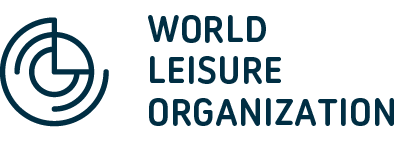It is impossible nowadays to write a piece on leisure policies without having the COVID-19 setting in mind. As the pandemic continues to impose the importance of safe distancing in all activities of human life, sports events and activities are largely affected. Are we in a moment where we need to re-consider health in the context of sports events and activities?
Major sports events around the world are in the process of re-starting or have been rescheduled due the COVID-19 pandemic. But still, for sports events organisers, the coronavirus presents a new challenge. Although it is a sector in which risk management training and evacuation exercises had been part of the game, the focus had primarily been on risks imposed by severe weather conditions, terrorist-related incidents or crowd management issues. A pandemic or a global public health crisis was not at the forefront. Until today, while any policy measures announced for the sector have either been sporadic and not coordinated and no golden answer is at sight, a reliable reference for sports events organisers is the interim guidance document published by the World Health Organization in April including considerations for sports federations/ sports event organizers when planning mass gatherings in the context of COVID-19. The document addresses issues such as developing a risk-assessment process, identifying mitigation activities and making an informed evidence-based decision on hosting any sporting events. Further advice of the WHO concerning potential adaptations to the organization of mass gatherings is expected, while guidelines are being produced at the national level and should be consulted as well.
It goes without saying that the overall sports industry is severely affected. The International Olympic Committee announced a few days ago an aid package to cover part of the costs of the postponed Tokyo Games, but also support the Olympic Movement per se, including the International Federations (IFs), the National Olympic Committees (NOCs) and the IOC-Recognised Organisations. This comes a few weeks after IOC President Thomas Bach addressed a letter to the Olympic Movement entitled “Olympism and Corona” in which he calls for solidarity, creativity, determination and creativity.
Sports – today more than ever – are necessary for all people. IOC and WHO signed in May a new Cooperation Agreement demonstrating their shared commitment both to promoting healthy society through sport in alignment with Sustainable Development Goal 3 (“Good health and well-being”) and to contributing to the prevention of non-communicable diseases. Part of the new agreement is the promotion of healthy lifestyles and grassroots sports activities worldwide, as well as the fight against physical inactivity.
This agreement comes in the same time as a new sourcebook by the World Health Organisation and UN-Habitat published this month. Integrating Health in Urban and Territorial Planning is designed as a tool to assist national governments, local authorities, planning professionals, civil society organizations and health professionals, by helping to improve planning frameworks and practice through the incorporation of health considerations, at all levels of governance and across the spatial-planning continuum. And how can we talk about healthy cities without putting at the heart of the discussion policies for sports and well-being activities?





Leave a Comment